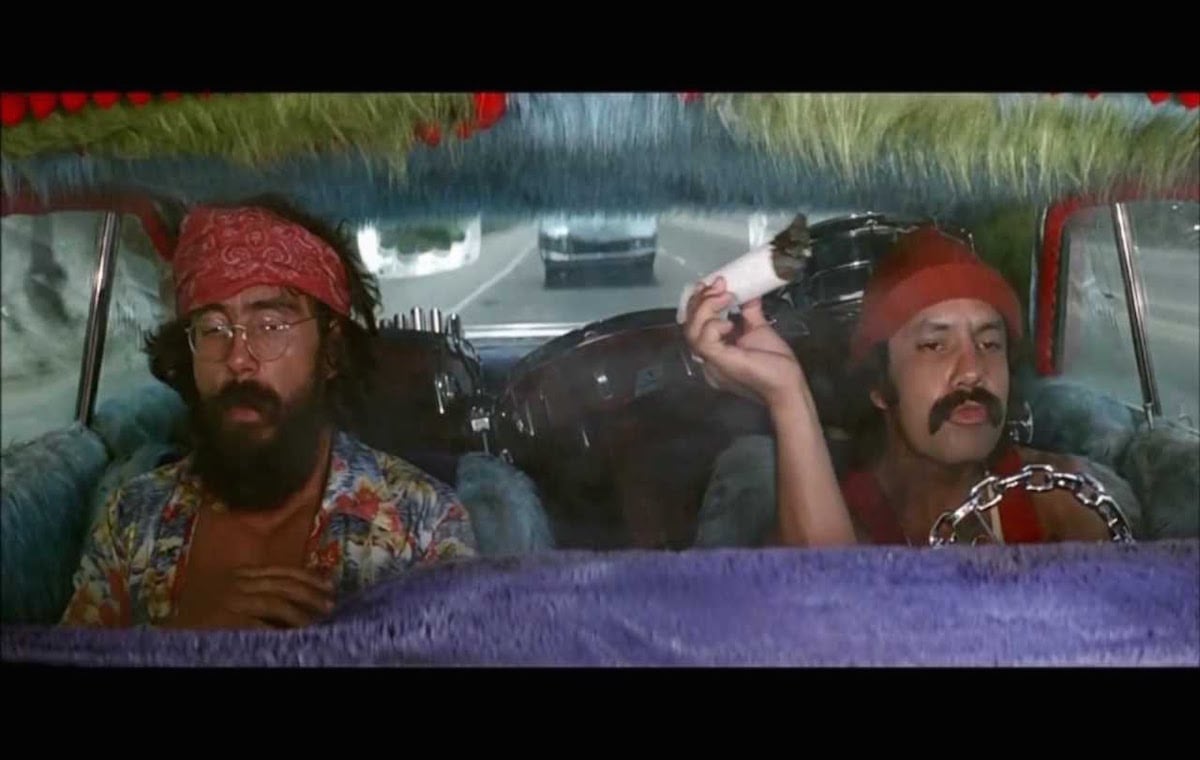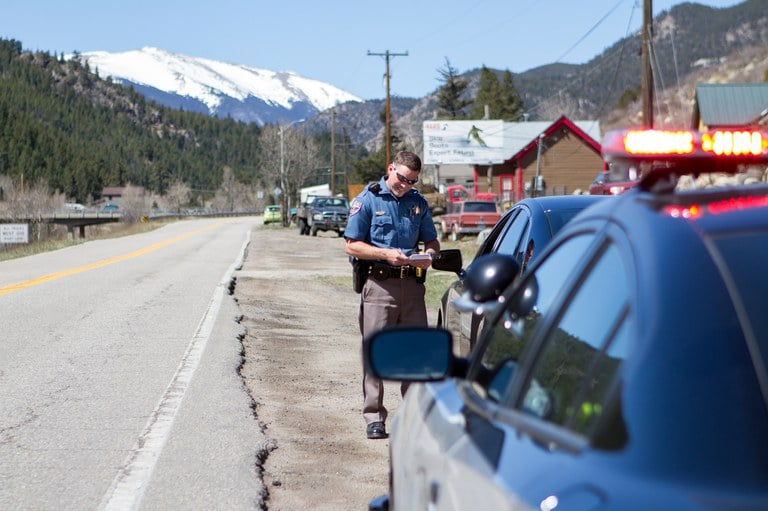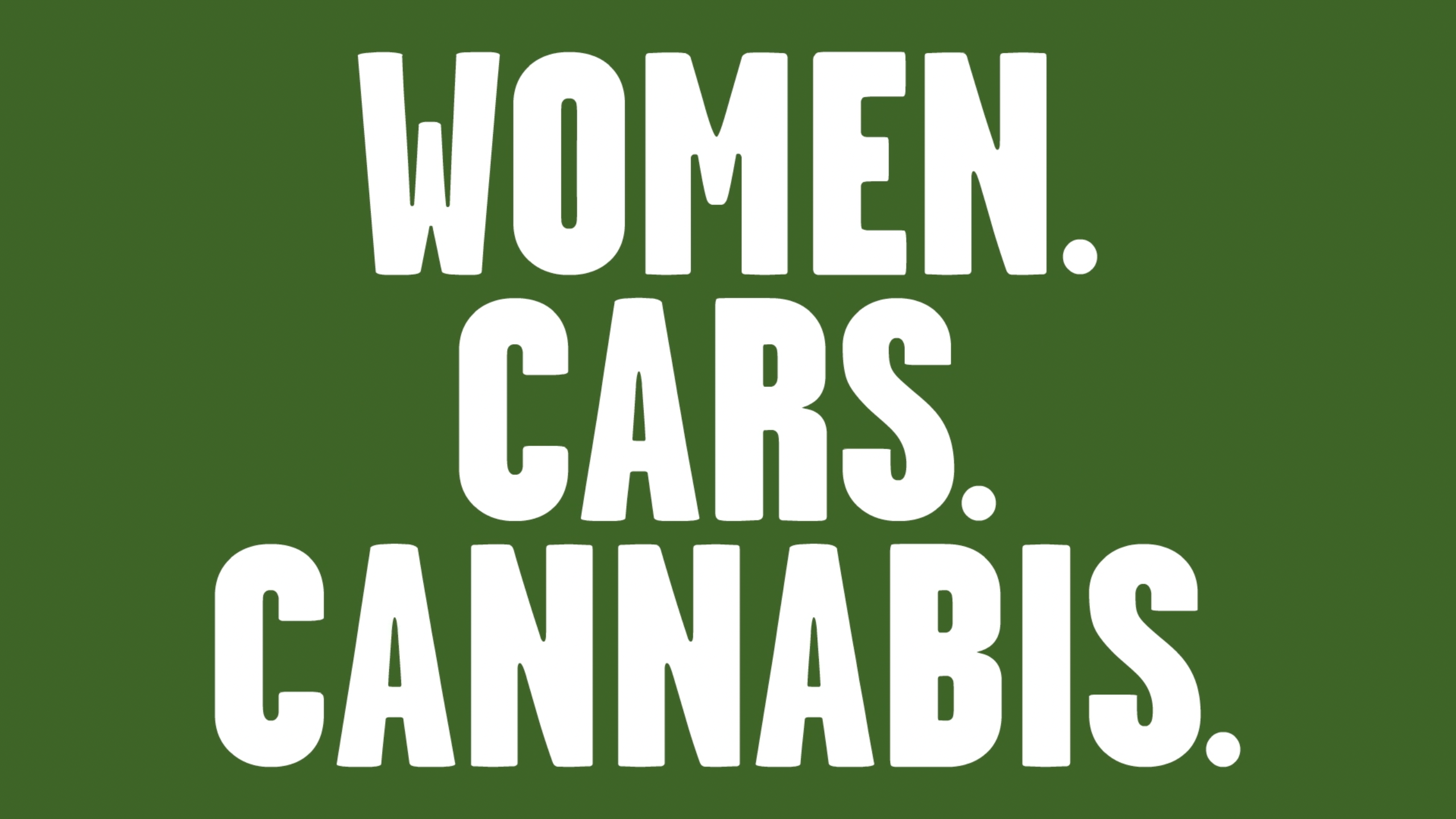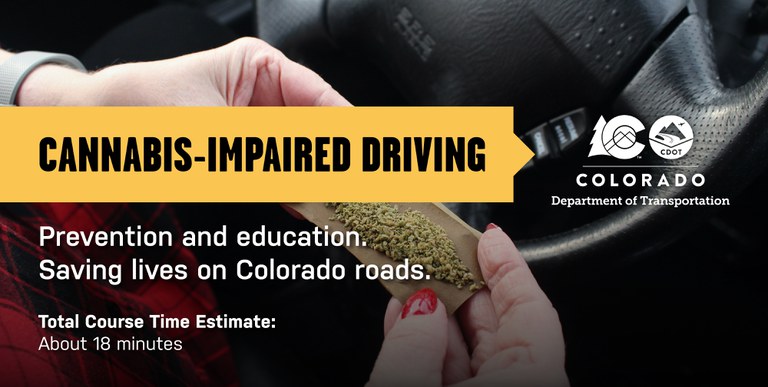Drugged Driving | Meet the Effects

Meet The Weed Effects
THC is proven to slow reaction time, reduce focus, and temporarily weaken problem solving skills. Consuming THC affects you differently than alcohol, but it impairs driving ability all the same. CDOT’s Meet The Effects Campaign is committed to raising awareness of the dangers of driving high. When someone is high behind the wheel, the chances of a crash are doubled, and the chances of a DUI are even higher. The average cost of a DUI is $13,500 for alcohol and drugs. Keep your high harmless and off the road.
Featured News
Cannabis and Driving in Pop Culture

Many movies and TV shows in popular culture portray cannabis smoking: Dazed and Confused, That 70's Show, Cheech & Chong’s Up in Smoke and more. The presence of cannabis on screen is common. It can play many roles, like playfully teasing the cannabis consumer stereotype, emphasizing a main character’s personality or even acting as a casual prop in group settings or party scenes.
Do you recognize some of these popular films that feature cannabis use?
How does law enforcement know I’m high?

Motorists who drive while under the influence of drugs might not believe law enforcement can tell that they’re impaired, but specialized training helps these officers detect high drivers and enforce impaired driving laws.
Learn more in the How does law enforcement know I’m high article.
Can I get a DUI for driving high?

We all know the consequences and dangers of driving under the influence of alcohol, but do the same rules apply to driving high? Many cannabis consumers feel calmer and more focused after they smoke or take an edible, so that means it’s safe and legal to get behind the wheel, right? Let’s take a closer look.
Find out more in the Can I get a DUI for driving high article.
How to get your license back after a DUI

Just as with an alcohol-related DUI, getting your Colorado driver’s license back after a cannabis-related DUI isn’t just a matter of waiting it out — it’s a structured, lengthy and expensive process aimed at ensuring your return to driving is a safe and sober one. Colorado takes cannabis impairment behind the wheel seriously because impairment is impairment, no matter the substance.
Learn more in the How to get your license back after a DUI article.
Women Speak Out for Marijuana Safety and Education

Women are at the forefront of Colorado's maturing cannabis industry, taking on roles as budtenders, dispensary owners, entrepreneurs and advocates for responsible consumption. These women are not only shaping the future of cannabis but also driving a crucial conversation about responsible consumption and safety.
Find out more in the Women. Cars. Cannabis. article.
Want to learn more about cannabis and driving? Ask your budtender.

CDOT, in partnership with Learn Brands, has launched an interactive cannabis-impaired driving safety course. Learn Brands is a subscription-based online budtender education platform.
Read "Want to know more about cannabis and driving? Ask your budtender" to learn more.
